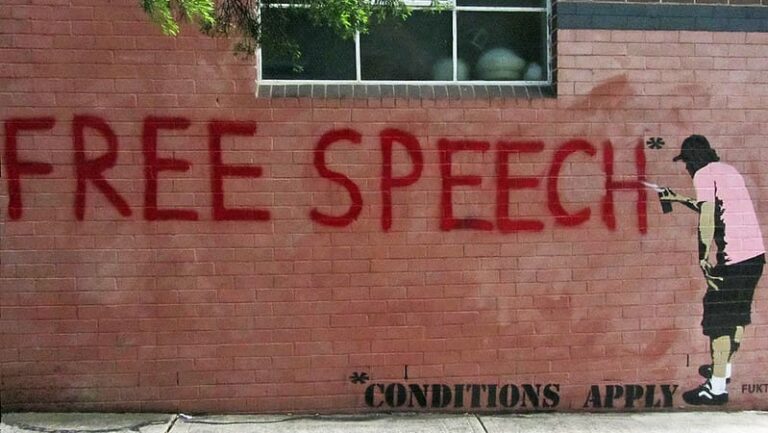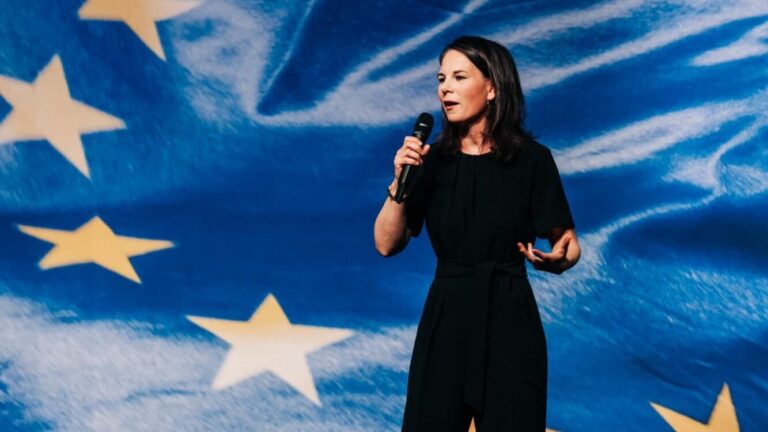Polish Prime Minister Mateusz Morawiecki, his Slovenian and Czech counterparts Janez Janša and Petr Fiala, as well as Polish Deputy Prime Minister Jarosław Kaczyński—also chairman of the Law and Justice party—travelled by train to the Ukrainian capital Kyiv on Tuesday, March 15th to meet with Ukrainian President Volodymyr Zelensky and offered their support to Ukraine in the conflict it has been facing with Russia since February 24th. The countries represented by the delegation are all NATO members.
Poland is said to have managed the details of the meeting, although according to the Polish Chancellery, the Slovenian Prime Minister was the first behind the initiative. The trip of the Central and Eastern European leaders to Ukraine was not improvised but prepared in advance by exchanges on Monday, March 14th with the presidents of the European Council, Charles Michel, and the European Commission, Ursula von der Leyen. Yet, there was no official mandate from European leaders.
The aim of this trip was twofold: on the one hand, to demonstrate European solidarity with Ukraine through their presence, and on the other hand, to discuss the practicalities of providing logistical and military support to the besieged country.
The heads of government travelled to Kyiv by train—a long journey of about ten hours. Such an expedition was not without risk, as the delegation was expected to arrive in the heart of the Ukrainian capital which was under artillery attack from the Russian army. The mayor of Kyiv imposed a curfew in the capital on Tuesday, March 15th.
Such visits by foreign leaders to countries at war have occurred in the past, such as Lech Kaczyński’s visit to Tbilisi in Georgia in 2008, or François Mitterrand’s visit to Sarajevo in 1992. Prime Minister Mateusz Morawiecki was keen to recall the 2008 precedent. Lech Kaczyński said at the time:
Today Georgia, tomorrow Ukraine, the day after tomorrow the Baltic States, and then perhaps my country, Poland, will be next.
The four politicians met Ukrainian President Volodymyr Zelensky personally. After the meeting, they gave a press conference during which Mateusz Morawiecki reaffirmed the European orientation of Ukraine, and reiterated his wish to see it join the European Union in the near future: “Today, Ukraine is the guardian of fundamental European values….We must invite Ukraine into the European Union.” Polish Deputy Prime Minister Jarosław Kaczyński, for his part, proposed that NATO be given a “peacekeeping mission” in Ukraine, “protected by the armed forces.” The Slovenian Prime Minister also said that he had been asked by the Organisation for Economic Co-operation and Development (OECD) to convey the message that the OECD would provide material and financial support for the reconstruction of Ukraine.
Part of the discussion focused on military support for Ukraine, however no information was provided concerning the temporarily put-aside Polish offer to deliver 28 MiG-29 fighter jets to Ukraine. The Czech Prime minister explained that they discussed shipments of weapons to Ukraine and the need of further additional diplomatic measures against Russia. The courageous gesture of the four members of this improvised delegation did not fail to raise some concerns in Brussels. The initiative proves the advanced degree to which Eastern European countries are dedicated to supporting Ukraine, whereas Western leaders prefer to play it safe, as the exchanges at the Versailles summit showed.





